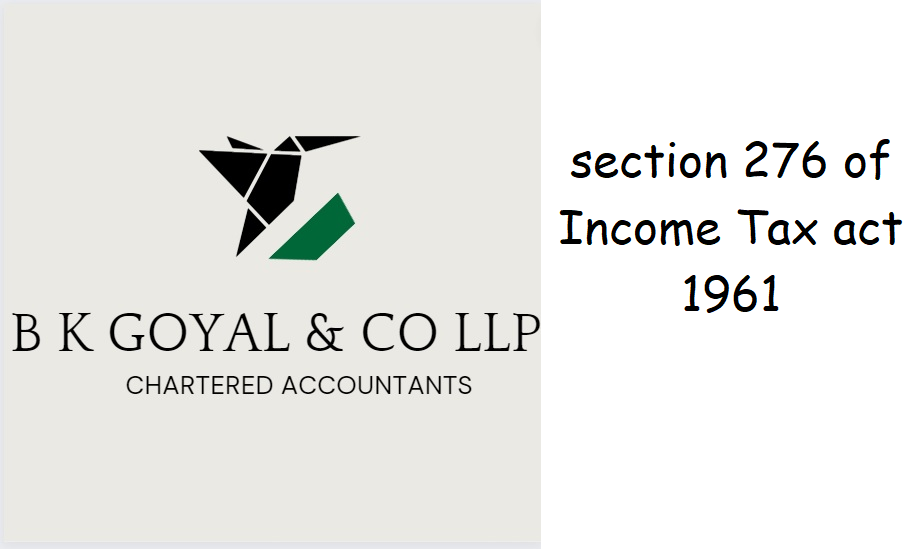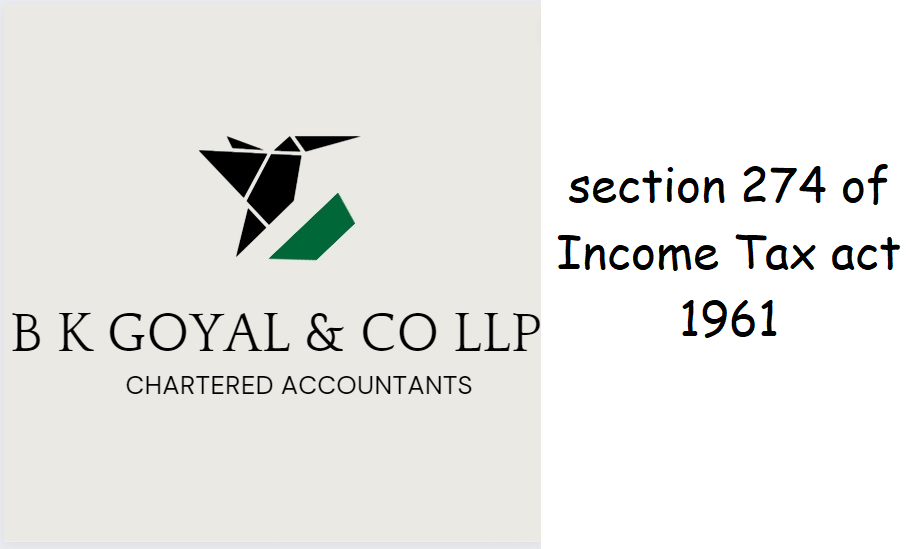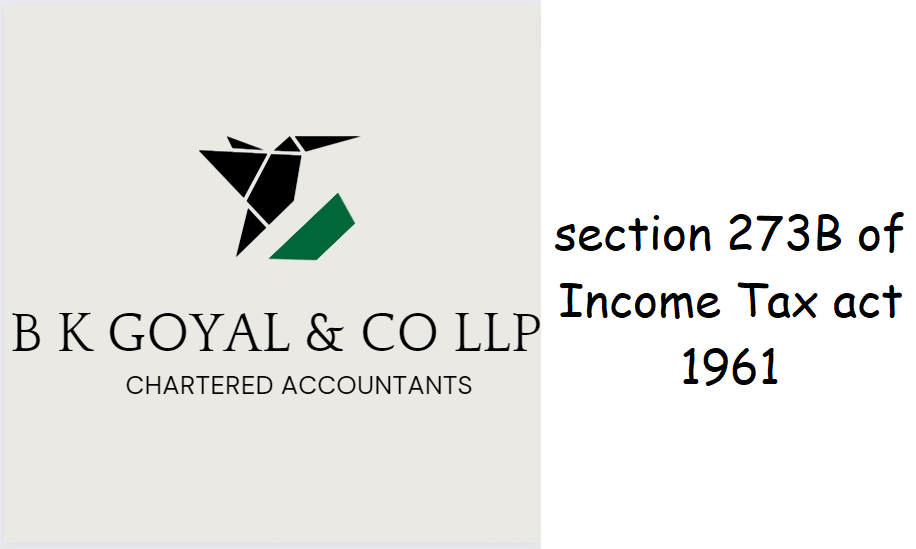Bar of limitation for imposing penalties (1) No order imposing a penalty under this Chapter shall be passed— (a) in a case where the relevant assessment or other order is the subject-matter of an appeal to the58-59[Joint Commissioner (Appeals) or to the] Commissioner (Appeals) under section 246 or section 246A or an appeal to the Appellate Tribunal under section 253, after the expiry of the financial year in which the proceedings, in the course of which action for the imposition of penalty has been initiated, are completed, or six months from the end of the month in which the order of the58-59[Joint Commissioner (Appeals) or the] Commissioner (Appeals) or, as the case may be, the Appellate Tribunal is received by the Principal Chief Commissioner or Chief Commissioner or Principal Commissioner or Commissioner, whichever period expires later : Provided that in a case where the relevant assessment or other order is the subject-matter of an appeal to the60[Joint Commissioner (Appeals) or to the] Commissioner (Appeals) under section 246 or section 246A, and60[the Joint Commissioner (Appeals) or] the Commissioner (Appeals) passes the order on or after the 1st day of June, 2003 disposing of such appeal, an order imposing penalty shall be passed before the expiry of the financial year in which the proceedings, in the course of which action for imposition of penalty has been initiated, are completed, or within one year from the end of the financial year in which the order of60[the Joint Commissioner (Appeals) or] the Commissioner (Appeals) is received by the Principal Chief Commissioner or Chief Commissioner or Principal Commissioner or Commissioner, whichever is later; (b) in a case where the relevant assessment or other order is the subject-matter of revision under section 263 or section 264, after the expiry of six months from the end of the month in which such order of revision is passed; (c) in any other case, after the expiry of the financial year in which the proceedings, in the course of which action for the imposition of penalty has been initiated, are completed, or six months from the end of the month in which action for imposition of penalty is initiated, whichever period expires later. (1A) In a case where the relevant assessment or other order is the subject-matter of an appeal60[to the Joint Commissioner (Appeals) or] to the Commissioner (Appeals) under section 246 or section 246A or an appeal to the Appellate Tribunal under section 253 or an appeal to the High Court under section 260A or an appeal to the Supreme Court under section 261 or revision under section 263 or section 264 and an order imposing or enhancing or reducing or cancelling penalty or dropping the proceedings for the imposition of penalty is passed before the order of60[the Joint Commissioner (Appeals) or] the Commissioner (Appeals) or the Appellate Tribunal or the High Court or the Supreme Court is received by the Principal Chief Commissioner or Chief Commissioner or the Principal Commissioner or Commissioner or the order of revision under section 263 or section 264 is passed, an order imposing or enhancing or reducing or cancelling penalty or dropping the proceedings for the imposition of penalty may be passed on the basis of assessment as revised by giving effect to such order of60[the Joint Commissioner (Appeals) or] the Commissioner (Appeals) or, the Appellate Tribunal or the High Court, or the Supreme Court or order of revision under section 263 or section 264: Provided that no order of imposing or enhancing or reducing or cancelling penalty or dropping the proceedings for the imposition of penalty shall be passed— (a) unless the assessee has been heard, or has been given a reasonable opportunity of being heard; (b) after the expiry of six months from the end of the month in which the order of61[the Joint Commissioner (Appeals) or] the Commissioner (Appeals) or the Appellate Tribunal or the High Court or the Supreme Court is received by the Principal Chief Commissioner or Chief Commissioner or the Principal Commissioner or Commissioner or the order of revision under section 263 or section 264 is passed: Provided further that the provisions of sub-section (2) of section 274 shall apply in respect of the order imposing or enhancing or reducing penalty under this sub-section. (2) The provisions of this section as they stood immediately before their amendment by the Direct Tax Laws (Amendment) Act, 1987 (4 of 1988), shall apply to and in relation to any action initiated for the imposition of penalty on or before the 31st day of March, 1989. Explanation.—In computing the period of limitation for the purposes of this section,— (i) the time taken in giving an opportunity to the assessee to be reheard under the proviso to section 129; (ii) any period during which the immunity granted under section 245H remained in force; and (iii) any period during which a proceeding under this Chapter for the levy of penalty is stayed by an order or injunction of any court, shall be excluded.









